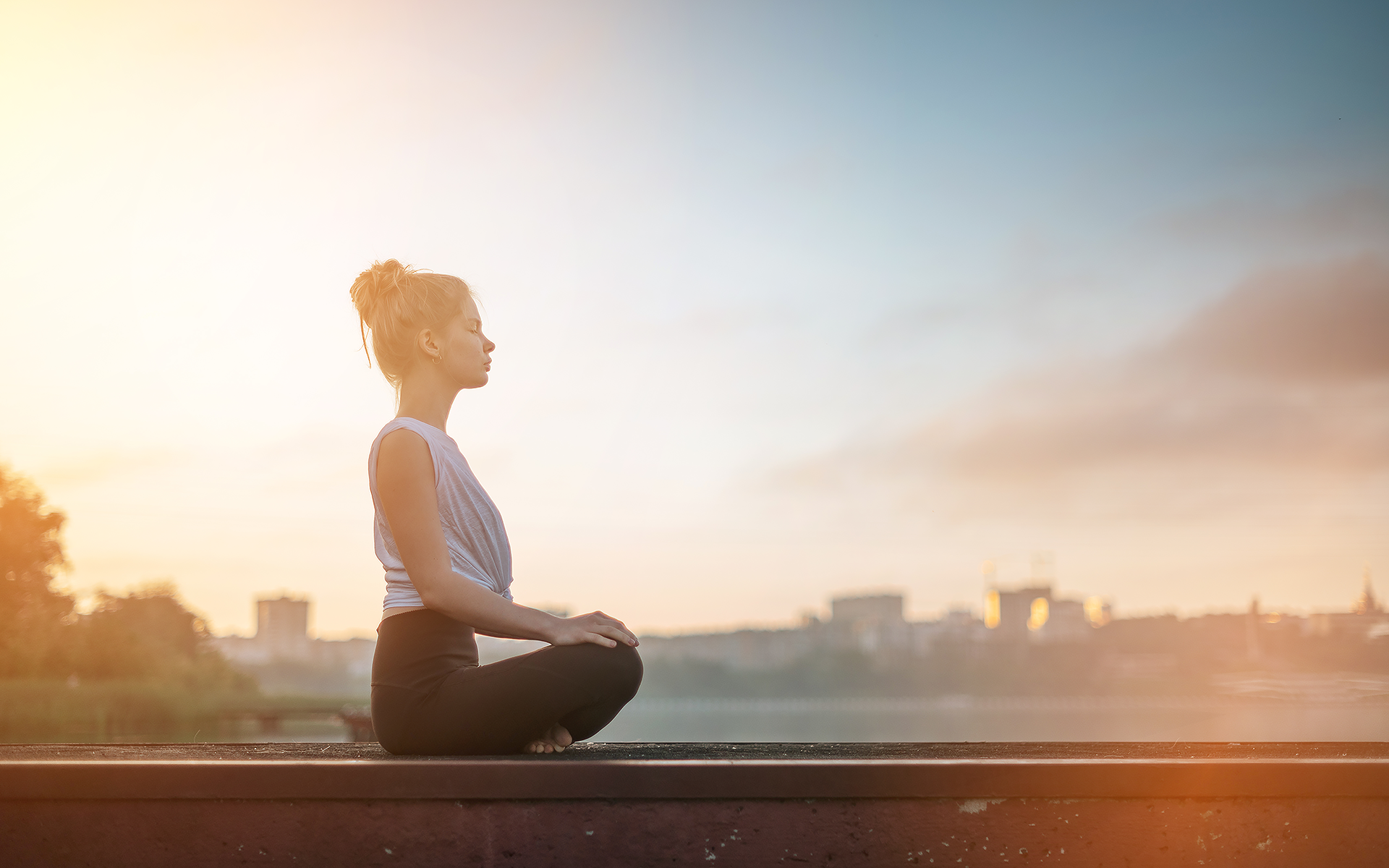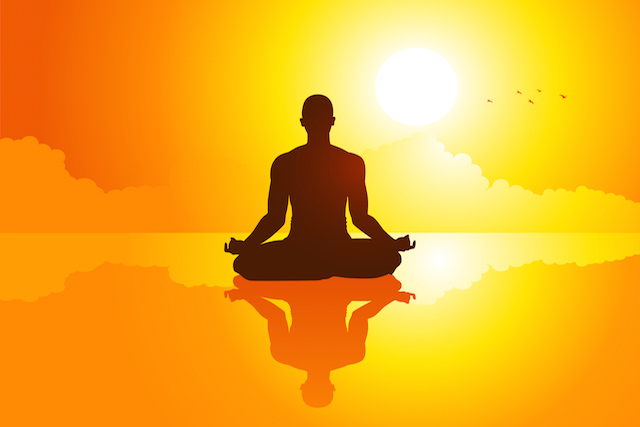Our basic interest e-newsletter keeps you up to date on a broad variety of health subjects.
Register now Meditation: A basic, quick method to reduce stress
Meditation can wipe away the day's stress, bringing with it inner peace. See how you can easily discover to practice meditation whenever you need it most.
By Mayo Center Personnel If tension has you distressed, tense and anxious, think about attempting meditation. Spending even a few minutes in meditation can restore your calm and inner peace.
Anyone can practice meditation. It's simple and affordable, and it doesn't require any unique devices. And you can practice meditation anywhere you are-- whether you're out for a walk, riding the bus, waiting at the medical professional's workplace or perhaps in the middle of a hard organisation meeting.
Understanding meditation Meditation has been practiced for thousands of years. Meditation originally was meant to help deepen understanding of the sacred and mystical forces of life. These days, meditation is typically used for relaxation and stress reduction.
Meditation is considered a type of mind-body complementary medicine. Meditation can produce a deep state of relaxation and a relaxing mind. Throughout meditation, you focus your attention and get rid of the stream of jumbled ideas that might be crowding your mind and triggering tension. This procedure might lead to boosted physical and emotional wellness.
Advantages of meditation Meditation can provide you a sense of calm, peace and balance that can benefit both youremotional wellness and your general health.
And these advantages do not end when your meditation session ends. Meditation can help carry you more calmly through your day and may help you manage symptoms of specific medical conditions.
Meditation and emotional well-being When you practice meditation, you may remove the info overload that develops up every day and adds to your tension.
The psychological benefits of meditation can include:
Meditation and disease Meditation might also work if you have a medical condition, especially one that may be worsened by stress. While a growing body of scientific research supports the health advantages of meditation, some scientists think it's not yet possible to reason about the possible advantages of meditation. With that in mind, some research study recommends that meditation might help people manage symptoms of conditions such as:
Be sure to talk to your health care provider about the pros and cons of using meditation if you have any of these conditions or other health issue.

In many cases, meditation can get worse signs related to specific psychological and physical health conditions.
Meditation isn't a replacement for conventional medical treatment. But it may be an useful addition to your other treatment. Types of meditation
Meditation is an umbrella term for the lots of methods to an unwinded state of being. There are numerous kinds of meditation and relaxation methods that have meditation components. All share the same goal of achieving inner peace. Ways to practice meditation can consist of:
Directed meditation. In some cases called directed imagery or visualization, with this method of meditation you form mental images of locations or scenarios you discover relaxing.
You attempt to use as many senses as possible, such as smells, sights, sounds and textures. You might be led through this procedure by a guide or instructor.
Mantra meditation. In this kind of meditation, you quietly repeat a calming word, believed or expression to avoid distracting thoughts. Mindfulness meditation. This type of meditation is based on being conscious, or having actually an increased awareness and approval of living in the present moment.
In mindfulness meditation, you broaden your mindful awareness. You concentrate on what you experience throughout meditation, such as the flow of your breath. You can observe your thoughts and emotions, however let them pass without judgment. Qi gong. This practice normally integrates meditation, relaxation, physical movement and breathing exercises to bring back and keep balance. Qi gong (CHEE-gung) belongs to conventional Chinese medicine. Tai chi. This is a form of mild Chinese martial arts. In tai chi (TIE-CHEE), you carry out a self-paced series of postures or motions in a slow, graceful way while practicing deep breathing.
Transcendental Meditation ®. Transcendental Meditation is a simple, natural strategy. In Transcendental Meditation, you silently repeat a personally appointed mantra, such as a word, noise or phrase, in a specific way. This kind of meditation might enable your body to settle into a state of profound rest and relaxation and your mind to achieve a state of inner peace, without requiring to utilize concentration or effort. Yoga. You perform a series of postures and controlled breathing workouts to promote a more versatile body and a calm mind. As you move through positions that require balance and concentration, you're motivated to focus less on your hectic day and more on the minute.

Different types of meditation might consist of different features to assist you practice meditation. These may vary depending upon whose assistance you follow or who's teaching a class. Some of the most common functions in meditation consist of: Focused attention. Focusing your attention is generally among the most essential aspects of meditation.
Focusing your attention is what helps complimentary your mind from the numerous interruptions that cause tension and concern. You can focus your attention on such things as a specific object, an image, a mantra, and even your breathing. Relaxed breathing. This technique includes deep, even-paced breathing utilizing the diaphragm muscle to expand your lungs. The function is to slow your breathing, take in more oxygen, and minimize using shoulder, neck and upper chest muscles while breathing so that you breathe more efficiently. A peaceful setting. If you're a novice, practicing meditation may be easier if you remain in a quiet spot with couple of interruptions, including no tv, radios or mobile phones.
As you get more competent at meditation, you may have the ability to do it anywhere, particularly in high-stress circumstances where you benefit the most from meditation, such as a traffic jam, a demanding work meeting or a long line at the grocery store. A comfy position. You can practice meditation whether you're sitting, Browse around this site lying down, walking, or in other positions or activities. Simply try to be comfortable so that you can get the most out of your meditation. Goal to keep great posture during meditation. Open mindset. Let ideas pass through your mind without judgment.